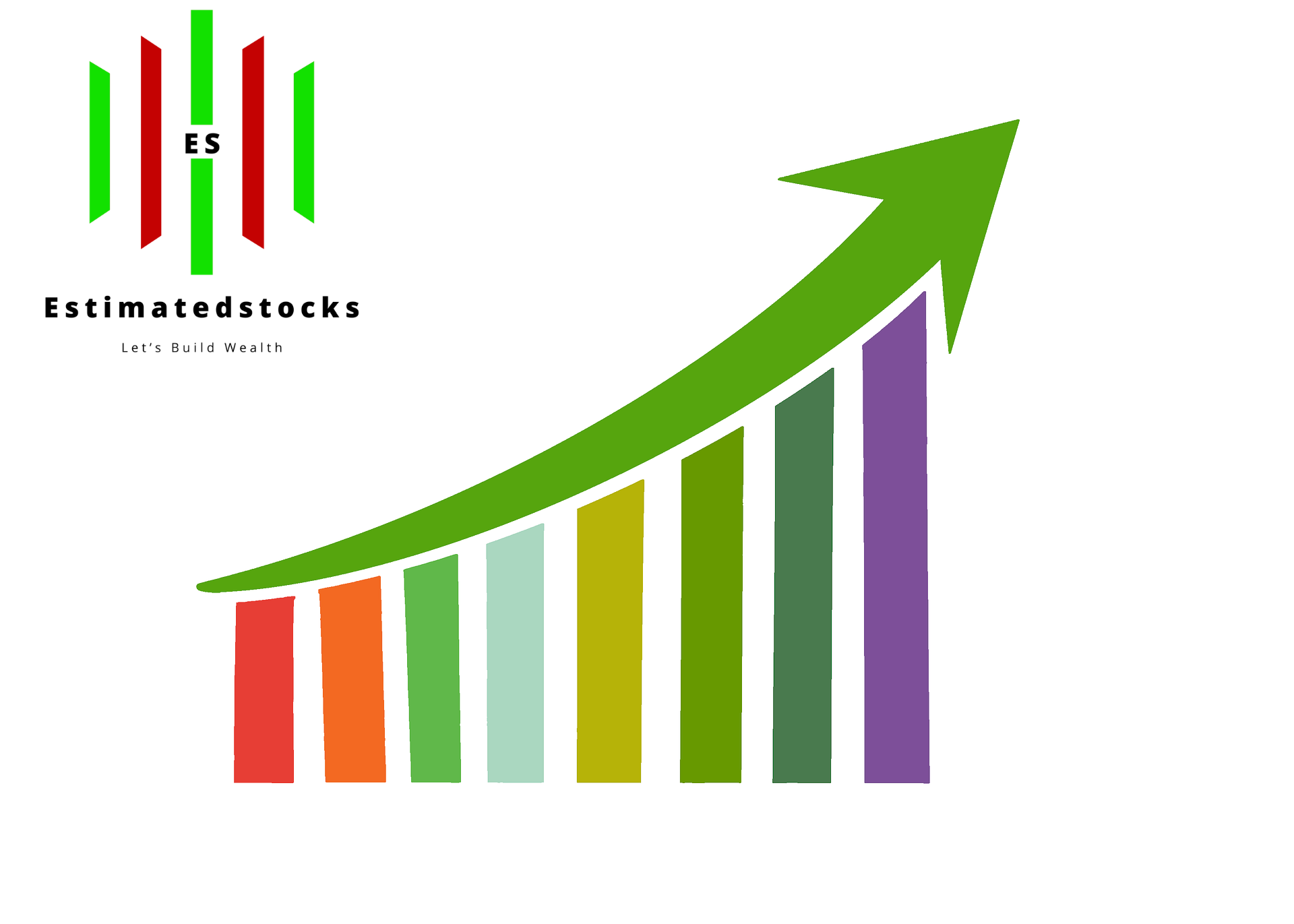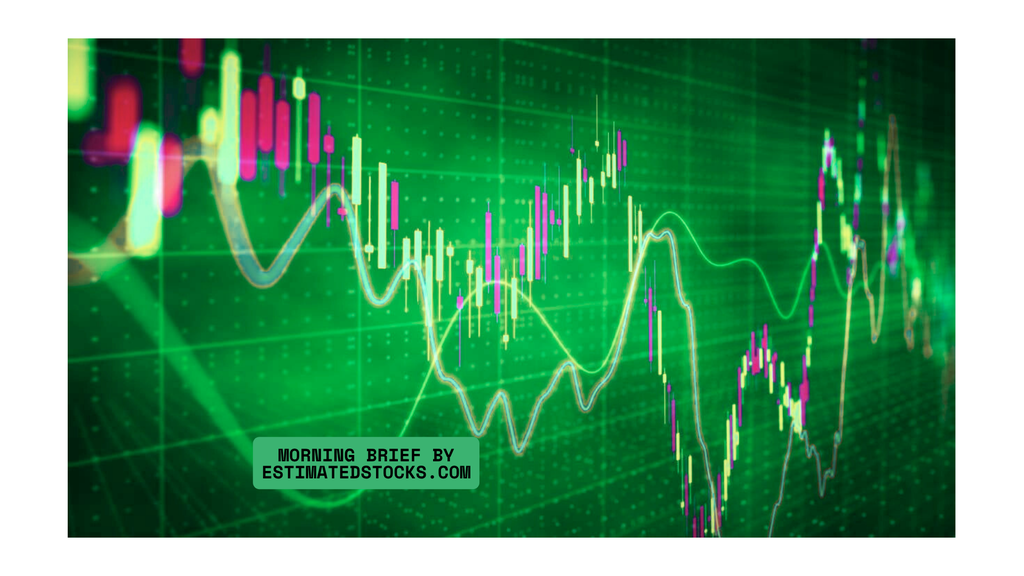China’s rising reserves, a stronger yuan, and Alibaba’s global growth offer opportunities amid a weakening USD. Investors should focus on currency shifts, gold, and diversified strategies.
Navigating China's Foreign Exchange Reserves Growth, Gold Markets, and Alibaba’s Global Strategy: A Professional Investing Outlook
In August 2024, China's foreign exchange reserves reached $3.288 trillion, marking a $31.8 billion increase from the previous month. This rise, though slightly under previous projections, highlights a significant development for global investors as it marks the highest reserve level since December 2015. The expansion, driven largely by a weakening U.S. dollar and an appreciating Chinese yuan, has notable implications for investors seeking exposure to currency markets, precious metals, and global equities, particularly within China and emerging markets.
In addition, Alibaba, one of China's major tech giants, is undergoing a strategic transformation, increasingly focusing on global markets to mitigate domestic economic slowdowns. This combination of rising reserves, a fluctuating U.S. dollar, and Alibaba's international expansion presents unique opportunities and risks across multiple sectors.
China’s Rising Reserves: A Macro-Economic Indicator
China's expanding foreign exchange reserves are a reflection of broader global economic movements, particularly in currency markets. The U.S. dollar weakened by 2.2% against a basket of major currencies, while the Chinese yuan appreciated by 1.9% against the dollar. The weakening of the dollar has been a central driver of this trend, as fluctuations in currency exchange rates can significantly impact the value of reserves. Investors with exposure to currency markets need to keep a close eye on these developments, as movements in the U.S. dollar are likely to have a ripple effect across asset classes.
For instance, the strengthening of the yuan implies a more favorable position for China in international trade. A stronger yuan means Chinese exporters will face less currency risk when dealing with dollar-denominated transactions, potentially boosting the competitiveness of Chinese goods in global markets. However, for investors with stakes in Chinese equities or bonds, currency fluctuations can affect the overall return on investment, especially when measured in dollar terms.
Moreover, China's ability to manage its vast foreign reserves sends a strong signal to the market about the country’s economic stability. A growing reserve base provides the country with more flexibility to manage external shocks, such as trade disputes or global market volatility. For global investors, this translates into reduced risk when considering exposure to Chinese assets.
Gold: A Safe Haven in Uncertain Times
Beyond currencies, China’s reserve accumulation includes substantial holdings in gold. Despite China's gold reserves remaining unchanged at 72.8 million troy ounces for four consecutive months, the value of these reserves increased to $182.98 billion due to record-high gold prices. The rising value of gold presents a key indicator of investor sentiment globally. As gold prices typically surge during times of economic uncertainty, they reflect growing concerns over inflationary pressures, geopolitical instability, and the broader macroeconomic environment.
Gold’s safe-haven status makes it a critical consideration for investors looking to hedge against market volatility. The growing value of China's gold reserves highlights the continued demand for precious metals as a protective asset class. Given the unpredictable nature of global financial markets, having exposure to gold—either directly or through diversified portfolios—remains an effective strategy for risk-averse investors.
Gold is also affected by U.S. dollar movements, with a weaker dollar often supporting higher gold prices. Investors focusing on commodities, particularly gold, should monitor the interplay between the dollar's value and global demand for precious metals. While China’s gold reserve levels have remained stable, their increasing valuation suggests sustained market interest in hedging through gold, providing a potential buying opportunity for investors anticipating continued economic uncertainty.
Alibaba’s International Expansion: A Strategic Pivot Amid Domestic Challenges
Alibaba, one of China’s largest technology companies, represents a different facet of China’s evolving economic landscape. Facing growing domestic economic challenges, Alibaba has shifted its focus toward expanding its global footprint. The company has introduced an AI-driven sourcing platform and launched a co-branded business credit card, both designed to enhance trade facilitation and attract more international buyers and suppliers.
For investors, Alibaba’s international expansion presents both opportunities and risks. On the one hand, its efforts to broaden its supplier base beyond China could mitigate some of the geopolitical risks and supply chain challenges associated with being too reliant on Chinese suppliers. For instance, the U.S. and Europe have been considering imposing new trade barriers on Chinese imports, and diversifying its supply chains allows Alibaba to reduce exposure to these potential risks.
On the other hand, geopolitical tensions and economic slowdowns in China have led to sluggish domestic growth. While Alibaba’s international business-to-business (B2B) division has posted impressive growth, increasing by 32% year-over-year, the company’s other sectors, including Chinese commerce and cloud computing, have seen far slower expansion. For investors, this dichotomy presents a choice between betting on Alibaba’s ability to drive international growth or being cautious about its domestic challenges.
The Broader Global Market Implications
China’s foreign exchange reserves and Alibaba’s strategic pivot need to be considered in the context of global market movements. A weakening U.S. dollar has wide-reaching implications for international trade, commodity markets, and emerging markets, all of which can influence asset prices and investment decisions.
Emerging markets, particularly those with strong trade ties to China, stand to benefit from the weaker dollar and a stronger yuan. Countries exporting commodities to China may see increased demand as the purchasing power of the yuan strengthens, making investments in commodity-rich regions more attractive. However, a weaker dollar could also lead to inflationary pressures, particularly in countries that import goods priced in dollars, such as oil or other raw materials.
For U.S. investors, the weakening dollar could offer opportunities to invest in foreign markets or commodities that typically benefit from a weaker U.S. currency. Sectors like technology, manufacturing, and commodities may see increased foreign demand as global investors seek to capitalize on favorable currency exchange rates. However, there is also the risk that U.S. inflation could accelerate, leading to tighter monetary policies and higher interest rates, which could dampen equity market returns.
Navigating Market Sentiment and Investment Opportunities
China’s growing foreign exchange reserves, the appreciating yuan, a weakening U.S. dollar, and Alibaba’s global expansion present a complex yet promising landscape for investors. Global market sentiment suggests an environment where investors need to remain vigilant of currency movements, geopolitical risks, and shifting supply chains.
For those looking to capitalize on these trends, diversifying across sectors and regions will be key. Exposure to gold remains a solid hedge against uncertainty, while companies like Alibaba, with their strategic focus on international growth, offer potential upside as they adapt to global challenges. Ultimately, the current economic environment underscores the importance of careful market analysis and a diversified approach to investing in the evolving global marketplace.
Disclaimer:
The information provided in this article is for educational purposes only and should not be construed as investment advice. estima...
Author
The Editorial Team at estimatedstocks.com is a dedicated group of financial market analysts, researchers, and writers committed to providing accurate, timely, and insightful content for investors and financial enthusiasts. With a deep understanding of global markets, macroeconomic trends, and investment strategies, the team at estimatedstocks.com ensures that readers are well-informed to make smart financial decisions. Our editorial team specializes in analyzing stock performance, market trends, and economic indicators, offering expert commentary and in-depth reports on the ever-evolving world of finance. We aim to bridge the gap between complex financial data and practical investment insights, making the markets accessible to everyone—from seasoned investors to those just starting their financial journey. At estimatedstocks.com, our content is driven by thorough research, critical analysis, and a commitment to delivering objective, fact-based reports. Whether it’s stock market forecasts, company earnings reviews, or sector-specific deep dives, the Editorial Team is focused on helping our audience navigate the financial landscape with confidence. Our mission is to empower investors by providing them with the tools and knowledge to make informed decisions in an unpredictable market.


